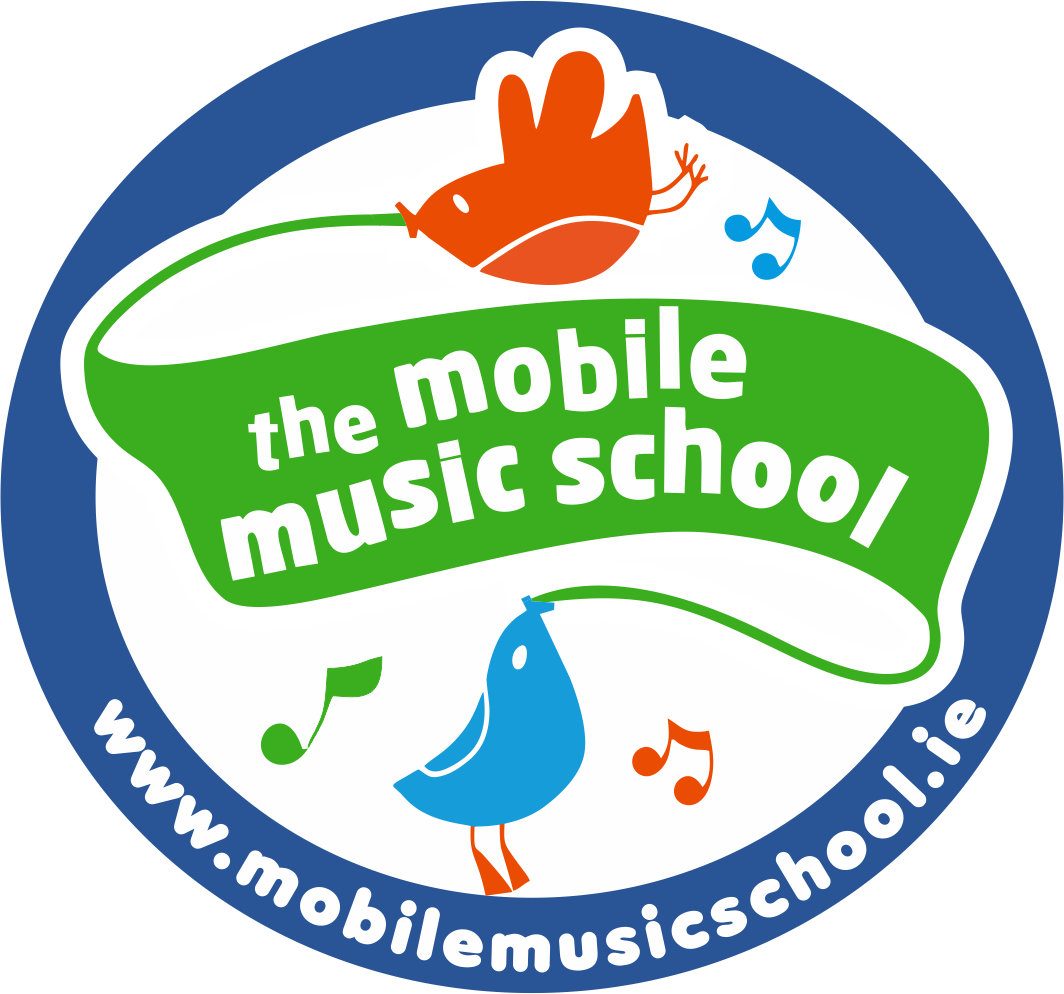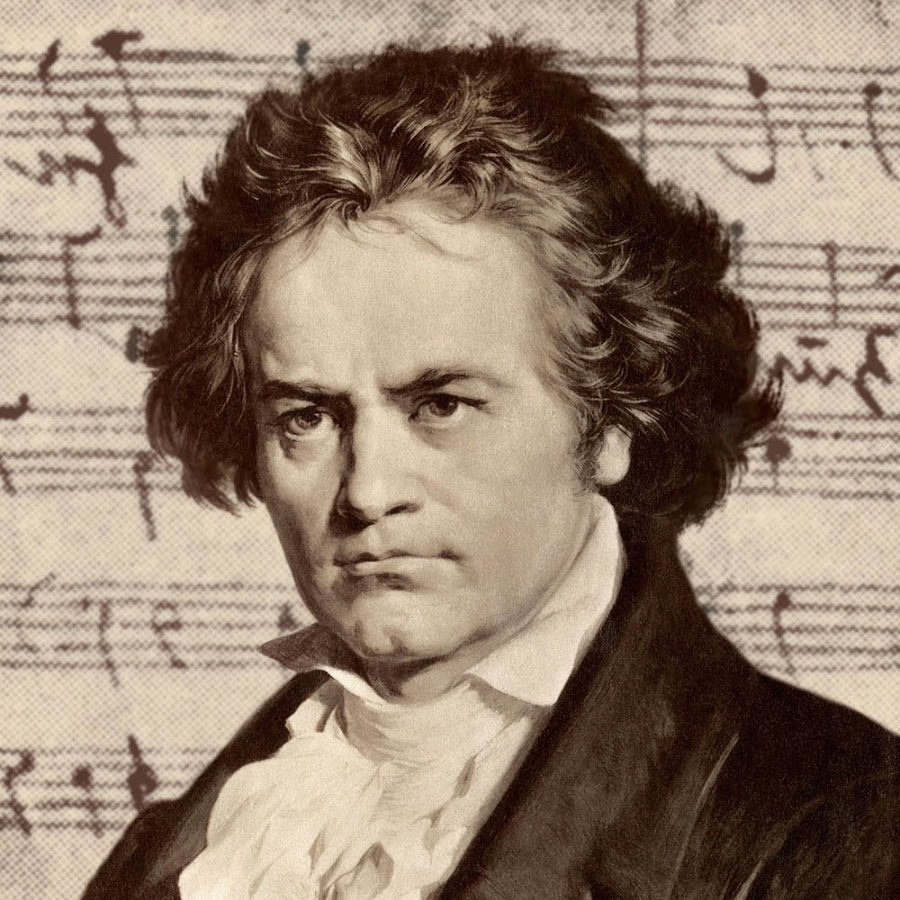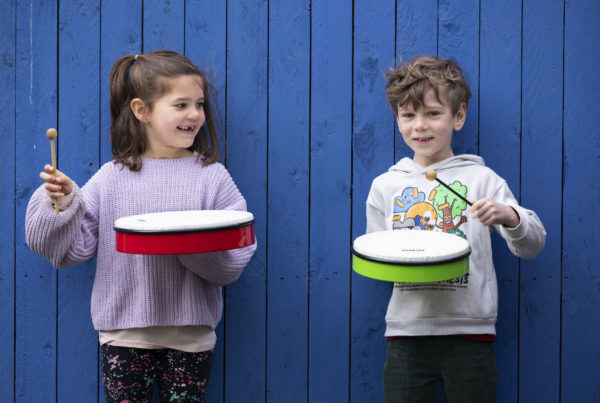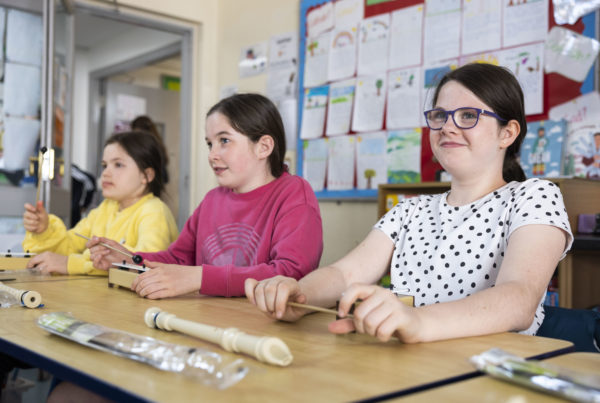Here at the Mobile Music School, we pride ourselves on delivering high quality music education programmes nationwide. Not only do we deliver workshops, short programmes, and classroom music programmes, we provide music resources for primary schools as well.
Music Resources For Primary Schools
Our music resources for primary schools are designed to help teachers to teach music in the classroom. Considering music resources for primary schools can be difficult to find, this means that many teachers struggle to teach music. Further to this, the challenge is finding resources that are firstly fun and engaging, and secondly, educational. However, there’s no need to worry! We have decided to share our resources completely free of charge! This blog post can be adapted into a lesson plan to bring the world of music into your primary school classroom!
Our Composer Series
Our brand new composer series introduces students to the world of composing! Focusing on a well known composer every two weeks, students will learn all about the background, history and work of some of the worlds most famous composers! This series is a great way for students to gain an understanding of how music is made, and an appreciation of all different genres of music. Further to this, students also gain an understanding of the culture and history surrounding the music. This week, and next week, we will be learning all about the famous composer Beethoven! Read on to learn more!
Primary school music resources needed for this lesson
Aerial photo/ aerial view of an orchestra
A photo of each of the instrument families – string, brass, woodwind and percussion
What is a composer?
A composer is a person who writes and creates music.
Ludwig van Beethoven
Ludwig van Beethoven was born in Bonn, Germany on December 16th, 1770. He grew up surrounded by music, and his father, who was a singer, was his first teacher. He loved playing music from a very young age, and played the piano for many hours a day. His father was very strict, and would punish him if he made a mistake in his piano practise. After a while, even though he was still only a boy, Ludwig became a traveling performer, and soon, he was supporting his family.
At age 21, he moved to Vienna and studied composition over there. Beethoven then gained a reputation as a brilliant pianist and composer. At first, he was known as a brilliant pianist. But when he was around 30 years old, Beethoven started going deaf. Even though he could no longer hear well enough to play the piano, Beethoven composed some of his best music after he was deaf! In 1817, he became completely deaf. Although he could no longer play in concerts, he continued to compose. During this time he composed some of his greatest works. He is said to be one of the greatest classical composers who has ever lived. Unfortunately, later on in life, Beethoven became very sick. Beethoven died on March 26, 1827.
What instruments did Beethoven use for his music?
Beethoven wrote music for an orchestra. What is an orchestra? An orchestra is a group of musicians, who play their instruments at the same time. Show the class an aerial view photograph of an orchestra.
Activity
Ask the class: ‘Do you think that all the instruments in the orchestra are the same?’
Explain to the class that the orchestra is broken up or organised into four families; the string family, the brass family, the woodwind family and the percussion family. Show the class pictures of instruments from each section.
Having looked at pictures of these instruments, try and investigate why the instruments in each family are grouped together.
Next week, we will be listening to how the orchestra sounds in some of Beethoven’s most famous pieces. Stay tuned!
For more teaching resources, contact us here.




